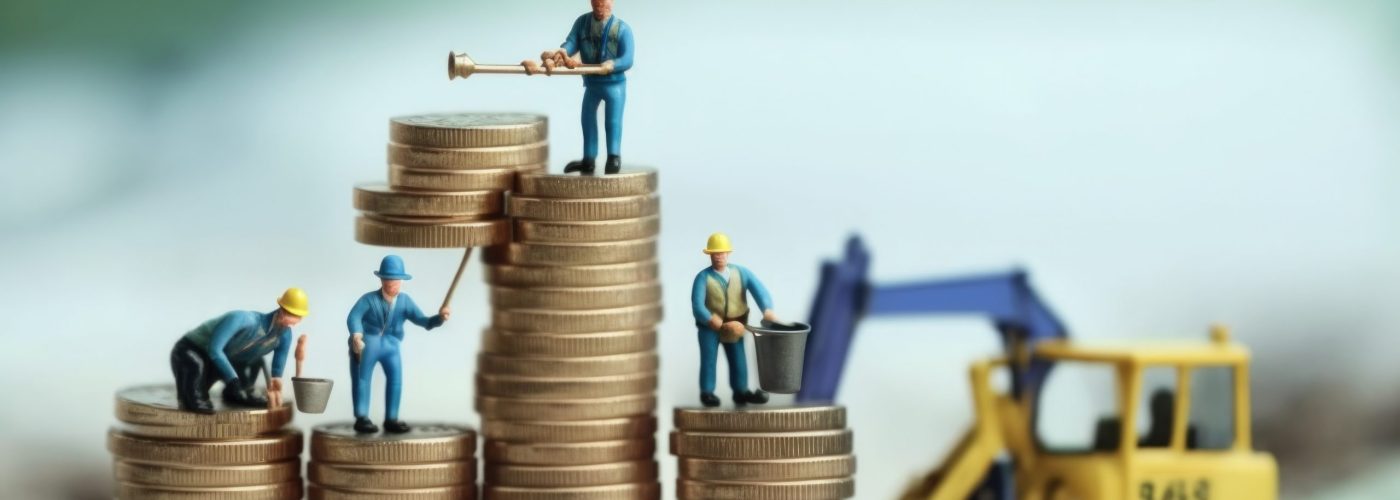When it comes to paying construction tax, a lot of people are left reeling in shock. They think that their bills are going to be small, only to find out that they owe the government a lot of money.
But why does this happen?
That’s the topic of this post. We look at some of the most common tax shocks and how to avoid them:
Unexpected Income Tax On Construction And Building Side Hustles
Tax shocks often begin with unexpected taxes on side hustles. You start making money (or at least, that’s what you think is happening) but fail to realize that side hustle income often returns to the government. Making the payments on account self assessment demands is like an extra bonus tax, paying toward future taxes.
You can avoid this issue by estimating your quarterly tax payments and setting aside around a third of your side hustle income for tax. This combination should mean that you have sufficient income without worrying about the potential hit on your lifestyle.
Capital Gains On Investments
Another issue you might face is capital gains tax on your investments if you’re developing property. Again, the amount of tax you can be charged is often extreme (and usually falls in line with your income tax bracket).
For example, a lot of investors pay between 20% and 45% tax on investments in their stock funds, simply because they sell and that counts as an income (even if reinvested).
To avoid this issue, always use a tax-advantaged account. Don’t rely on anything else unless you reach your limit.
Also, hold onto investments for longer. If you keep them for several years, you can often attract the lowest tax rates. Using depreciation on buildings may also work too.
Tax Penalties For Early Drawdowns
Another tax shock are the penalties you receive when you draw down on your funds early for property investment. The government may tax these drawdowns, leading to higher overall payments.
Dealing with this problem is quite challenging. However, many people get around it by looking for exemptions (such as pleading hardship). It’s also possible to wait or simply plan retirement cash flow so that it continues to meet your needs.
Underwithholding From Your Paycheck
Failing to withhold enough of your income can also lead to a big tax shock. Usually, builders are expected to keep back some of your wages to pay the tax on your income. However, if they get this wrong by withholding too little, it can lead to far higher taxes overall.
You can prevent this by monitoring your pay and making adjustments. If you notice that your contractor or builder has paid you too much, tell them immediately, otherwise it could come back to bite you.
You also want to tell your employer if you have a side-hustle or other non-monetary income. Again, this extra work can attract taxes, especially if it forms a significant portion of your income. Don’t get caught out as you may have to pay the tax and a fine.





